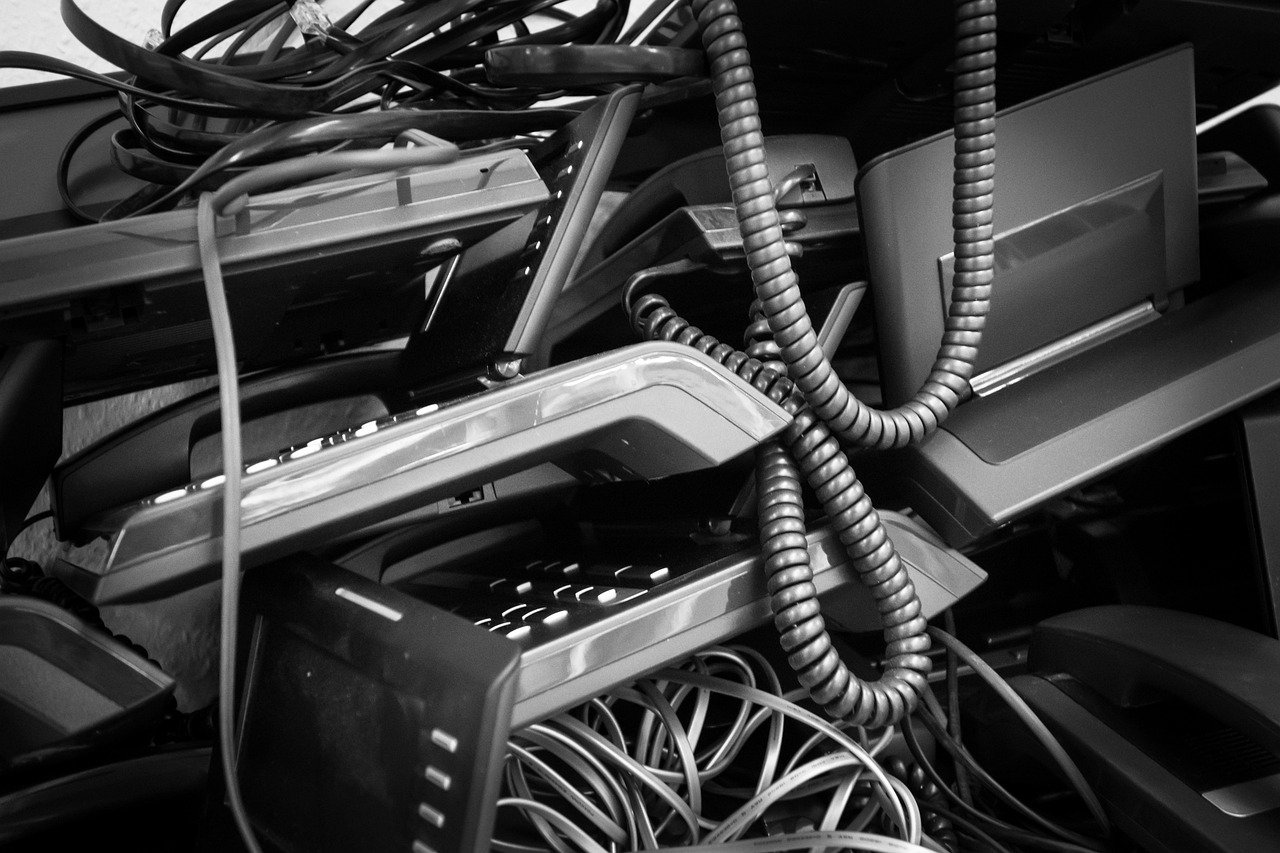Introduction
How E-Waste Recycling in Palghar is Shaping a Sustainable Future In today’s digital age, electronic devices have become an integral part of our daily lives, revolutionizing the way we communicate, work, and entertain ourselves. However, the rapid advancement of technology also leads to a significant challenge: electronic waste, or e-waste. In Palghar, the need for effective e-waste recycling solutions has never been more pressing. This article delves into the importance of e-waste recycling in Palghar, highlighting its role in fostering environmental sustainability and promoting responsible consumption.
Understanding E-Waste Recycling
The Basics of E-Waste Management
E-waste encompasses discarded electronic devices such as smartphones, laptops, and televisions. These devices contain hazardous materials that can harm the environment if not properly disposed of. E-waste recycling involves the collection, sorting, and processing of electronic devices to recover valuable materials and minimize environmental impact.
The Process of E-Waste Recycling
E-waste recycling begins with collection drives or drop-off centers where individuals can dispose of their old electronics. Once collected, the e-waste is sorted into different categories based on the type of materials present. Next, the devices undergo dismantling, where components such as batteries, circuit boards, and plastics are separated for recycling. The recyclable materials are then processed and sent to facilities where they are repurposed or transformed into new products.
The Importance of E-Waste Recycling in Palghar
Environmental Conservation
E-waste recycling plays a crucial role in conserving natural resources and reducing environmental pollution. By recycling electronic devices, valuable metals like gold, silver, and copper can be recovered, reducing the need for mining raw materials. Additionally, proper e-waste disposal prevents toxic substances from contaminating soil and water sources, safeguarding both human health and ecosystem integrity.
Economic Opportunities
In Palghar, e-waste recycling presents significant economic opportunities for local communities. By establishing recycling facilities and employing skilled workers, municipalities can create jobs and stimulate economic growth. Moreover, recycling initiatives can generate revenue through the sale of recovered materials, contributing to the region’s overall prosperity.
Promoting Sustainable Practices
Raising Awareness
Educating the public about the importance of e-waste recycling is essential for promoting sustainable practices. Awareness campaigns, workshops, and educational programs can empower individuals to make informed choices regarding electronic waste disposal. By fostering a culture of recycling and responsible consumption, Palghar can work towards a cleaner and more sustainable future.
Collaborative Efforts
Addressing the e-waste challenge requires collaborative efforts from government agencies, businesses, and civil society organizations. Through partnerships and initiatives, stakeholders can develop comprehensive e-waste management strategies tailored to Palghar’s unique needs. By working together towards a common goal, communities can maximize the impact of e-waste recycling efforts and achieve long-term sustainability.
Challenges and Opportunities
Infrastructure Development
One of the primary challenges facing e-waste recycling in Palghar is the lack of adequate infrastructure. Establishing collection centers, recycling facilities, and transportation networks requires investment and planning. However, overcoming these infrastructure barriers presents an opportunity to create modern, efficient recycling systems that meet the region’s growing needs.
Technological Innovation
Advancements in technology offer promising solutions for e-waste recycling in Palghar. From automated sorting systems to environmentally friendly recycling processes, innovation holds the key to improving efficiency and sustainability. By embracing technological advancements, Palghar can stay at the forefront of electronic-waste management and set an example for other communities to follow.
Conclusion
In conclusion of electronic-waste recycling is essential for Palghar’s sustainable development and environmental stewardship. By implementing effective in recycling practices, Palghar can mitigate the negative impacts of electronic waste while creating economic opportunities and promoting sustainable practices. By responsibly disposing of our old electronic devices and supporting recycling initiatives, we can minimize environmental pollution and protect our health and well-being. Together, let’s work towards a cleaner, greener future for Palghar and beyond. Through collaboration, innovation, and public awareness, Palghar can pave the way towards a cleaner, greener future for generations to come.
FAQs (Frequently Asked Questions)
What is electronic-waste recycling?
Electronic-waste recycling involves the collection, sorting, and processing of discarded electronic devices to recover valuable materials and minimize environmental impact.
How does electronic-waste recycling benefit the environment?
Electronic-waste recycling conserves natural resources and reduces pollution and prevents toxic substances from contaminating soil and even from water sources, thus safeguarding environmental health.
What economic opportunities does electronic-waste recycling present?
E-waste recycling creates jobs, stimulates economic growth, and generates revenue through the sale of recovered materials, contributing to local prosperity.
How can individuals contribute to electronic-waste recycling efforts?
Individuals can contribute to electronic-waste recycling by disposing of their old electronics at designated collection centers, participating in awareness campaigns, and adopting sustainable consumption habits.
What challenges does electronic-waste recycling face in Palghar?
Challenges include inadequate infrastructure, technological limitations, and the need for greater public awareness and participation in recycling initiatives.

